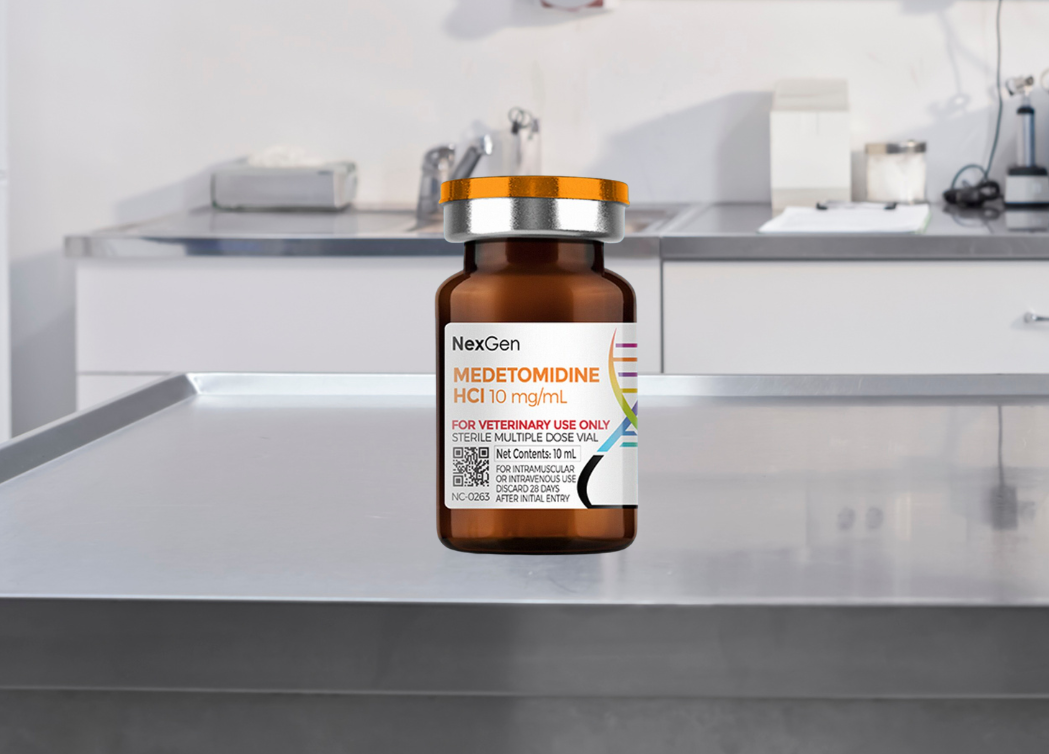The drug landscape continues to evolve, and new substances are increasingly appearing in the unregulated street supply. One of the latest to raise concern is medetomidine—a veterinary sedative now being detected in combination with opioids and other substances. While much of the public conversation has focused on fentanyl and xylazine, medetomidine is another potent sedative with serious implications for overdose risk and public health.
If you or someone you care about uses substances, it’s important to stay informed. This blog breaks down what medetomidine is, why it’s dangerous, and what steps can help reduce harm.
What Is Medetomidine?
Medetomidine is a veterinary medication used to sedate animals. It is not approved for human use. It works by depressing the central nervous system, slowing heart rate, breathing, and overall brain activity. In animals, it’s often used before surgeries to calm or immobilize.
When medetomidine is present in the drug supply, it is often combined with opioids like fentanyl, which can dramatically increase the risk of overdose and death due to compounding respiratory depression.
Why Is Medetomidine Dangerous?
Medetomidine is not only sedating—it depresses breathing, similar to opioids and xylazine. When combined with these drugs, the risk of overdose increases significantly. In some overdose cases, naloxone (Narcan) may not be fully effective due to the non-opioid sedative effects of medetomidine.
Key risks of medetomidine include:
- Extreme sedation
- Slow or irregular heartbeat
- Shallow or stopped breathing
- Delayed response to overdose reversal medications
- Increased danger of fatal overdose when used with opioids
How Is Medetomidine Showing Up in the Drug Supply?
As with xylazine, medetomidine is being mixed into street drugs without the user’s knowledge. It may be added to opioids to enhance or prolong sedation. In Pennsylvania and other parts of the U.S., public health officials and toxicologists have begun issuing alerts about rising detection of medetomidine in seized drug samples.
Unfortunately, test strips for medetomidine are not yet widely available, so users may not be able to detect its presence.
Harm Reduction Tips
While the safest option is to avoid unregulated substances, we understand that many people face complex challenges related to addiction. If you or someone you know is using drugs, these harm reduction steps may help reduce risk:
- Always carry naloxone. It may not reverse medetomidine, but it can still save a life if opioids are involved.
- Know the signs of overdose. Trouble breathing, pale or blue lips, unresponsiveness, or slow heart rate are signs to get help immediately.
- Call 911 in an emergency. Good Samaritan laws protect you from prosecution when seeking help during an overdose.
How JADE Wellness Center Can Help
At JADE Wellness Center, we understand that the drug supply is becoming more unpredictable and dangerous. If you or a loved one is struggling with opioid use or substance use disorder, we offer a range of compassionate, evidence-based services to help.
We stay informed on the latest changes in the drug supply and offer education and resources to keep our clients safe and supported at every step.
Whether you’re seeking recovery or simply need someone to talk to, JADE Wellness Center is here. We serve Monroeville, Wexford, and the greater Pittsburgh area with outpatient addiction and mental health treatment that meets you where you are.
📞 Contact us today to learn more or start treatment: https://myjadewellness.com

